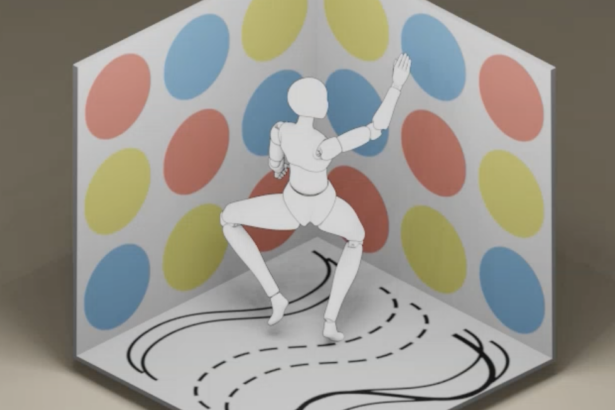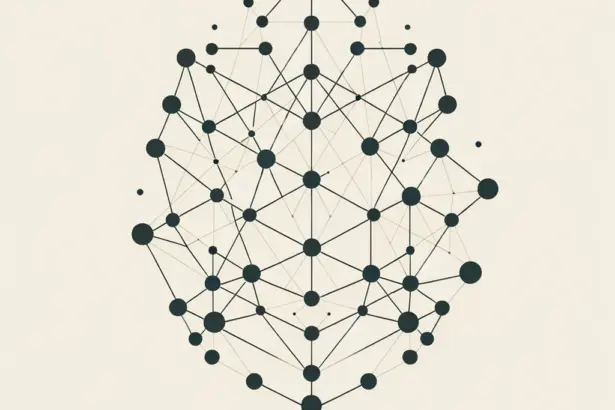Introduction:
With the advent of GenAI, people have been questioning and exploring what creativity means for humanity itself. The skills of “asking good questions” to explore topics of our interest and validate the information generated by AI have also become increasingly important. In the new era of AI, creative learning should prioritize nurturing individuals to focus on the exploration and experimentation process itself. There is no singular way of solving problems. Creativity starts with forming our own perspectives and establishing our own way of problem-solving. This entails engaging in an inquiry-based learning experience and allowing learners to reflect on their unique creative and problem-solving journeys. Each step in the thinking process contributes a unique ingredient to creativity. The creative writing workshop aims to empower learners to unlock their imagination, explore their own creative processes, draw insights from the explorations of others, and contemplate what creativity truly means to them.
Key objectives:
- Improve learners’ inquiry skills to help them effectively explore their ideas with GenAI
- Help learners surface their thought process for deeper reflection on their approach to the problems and ideas
- Help learners synthesize the information during their exploration and brainstorming to create their own way of problem-solving
Rationale: A process-oriented pedagogy for creative writing (Peary & Hunley, 2015)
- The “process movement”: Creative writing’s traditional pedagogy has been the workshop model, which tends to focus on critiquing products rather than understanding process. The process movement brought more attention to how writers discover and develop ideas through drafting.
- Bringing more attention to process in creative writing could involve using invention exercises and assignment sequences that engage students in different stages of drafting and revision. Focus can shift from evaluating products to understanding and evaluating engagement with process.
- Issues of grading creative writing in a process-focused pedagogy can be addressed by basing grades on whether students complete process-focused assignments rather than judging quality of products.
Source: Peary, A., & Hunley, T. C. (2015). Creative Writing Pedagogies for the Twenty-First Century. Carbondale, [Illinois]: Southern Illinois University Press.
Approach: On a high level, the workshop contains 3 main modules:
- Conceptualization:
- Introduce the concept of Big C creativity and Little C creativity to help learners shift their focus to the creative process itself, rather than focusing solely on the end product
- Equip students with an understanding of prompts, probing questions and training GenAI tools
- Brainstorm ideas, collect questions and formulate directions with GenAI
- Do research on the intended characters and context with GenAI
- Drafting:
- Planning and outlining – develop story structure and characters
- Testing rough draft with GenAI tools
- Facilitate group discussions and deep reflections on the thought process, including communications with AI tools
- Writing:
- Flesh out ideas into a final product (e.g. a creative story, a screenplay, a play script, etc.)
- Share reflections on the creative process with others
Process-oriented evaluation:
- Abundant documentations on the creative process, including conversations with ChatGPT, to surface thought process
- Journals to reflect on the learning journey and synthesize the thought process
- Sharing with peers to learn how other people approached their ideas, what questions they asked, what they think of the questions, what’s their reflection and takeaways of the exploration process, etc.



